
Gilead, Harvard infectious disease expert disagree
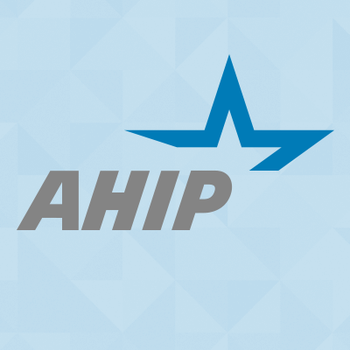
AHIP posted a list on March 6

Discover the latest news on COVID-19 vaccine and drug development.

Companies cited over false coronavirus claims include The Jim Bakker Show.

Discover the latest news on COVID-19 vaccine and drug development.

Companies cited over false coronavirus claims include The Jim Bakker Show.

While it is a common understanding that too much of the $3.6 trillion we spend on healthcare is not wisely spent, there are opportunities for the industry to make some changes.

For those healthcare organizations that embrace the idea of improving the consumer’s experience throughout their healthcare journey, there can be a payoff.

In 2020, the most disruptive moves in healthcare will be fueled by a commitment to achieving true interoperability across providers, payers, and all stakeholders.
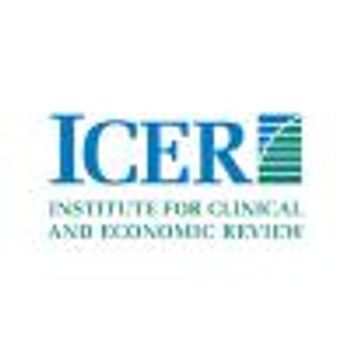
A week in review with Manage Healthcare Executive's most popular online articles for the week ending March 7, 2020.

Physicians and care professionals have vast archives of medical knowledge at their fingertips and a multitude of devices at their disposal such as AI and machine learning to improve patient care and outcomes. However, patient monitoring is still one crucial aspect of patient care that has yet to undergo a technological renaissance.

Managed Healthcare Executive asked thought leaders: “What apps do you use the most on your phone?” Here’s what they said.

Former journalist Ceci Connolly, president and CEO of the Alliance of Community Health Plans, is making positive news in healthcare.

Today's model for managing major depressive and anxiety disorders is outdated, ineffective, and a massive problem when there are about 46.6 million Americans who have a mental illness, 17 million of whom suffer from depression.

DMARDs and the JAK Inhibitors have improved RA treatment. But not many new drugs are in the offing at the moment.

How two hospitals and two insurers are working to turn the tide of the opioid epidemic.



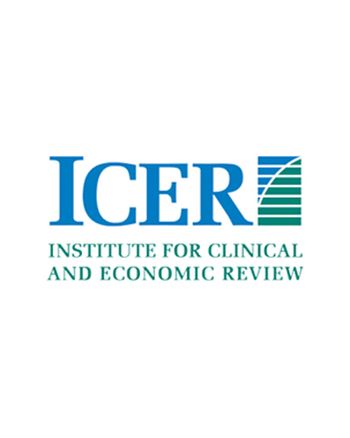
The "interactive modeler" will allow users to plug in their own assumptions.

A look at the president and CEO's experience in becoming an influential reason for Intermountain Healthcare's success.
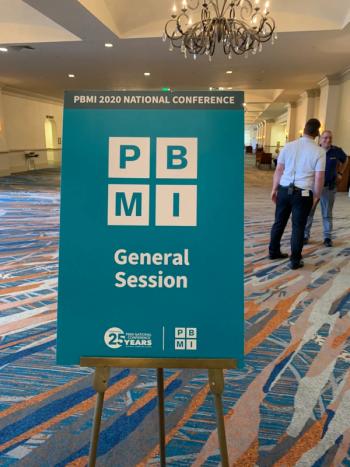
Our roundup of PBMI2020 meeting so far
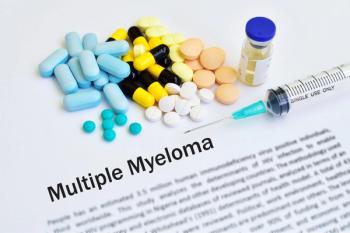
Isatuximab-irfc (Sarclisa, Sanofi-Aventis) was approved in combination with pomalidomide and dexamethason to treat adult patients with multiple myeloma who have received at least two prior therapies.

Inhaler is the first generic approval of its kind.
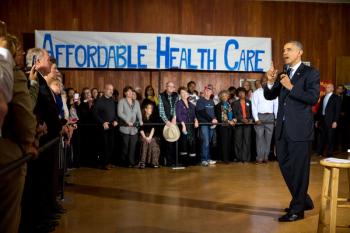
Michael Chernew and his coauthors say it is time to prune the proliferating number of payment reform models

A look at Shelbourn Stevens, president and COO at Novant Health Brunswick Medical Center and his career in healthcare.

New point-of-care tools offer greater transparency.

The Leukemia & Lymphoma Society cautions consumers to be wary of short-term plans and urges state and federal policymakers to protect patients.

How electronic patient-reported outcome solutions can help democratize access to cancer care and improve experiences for patients and clinic care teams.